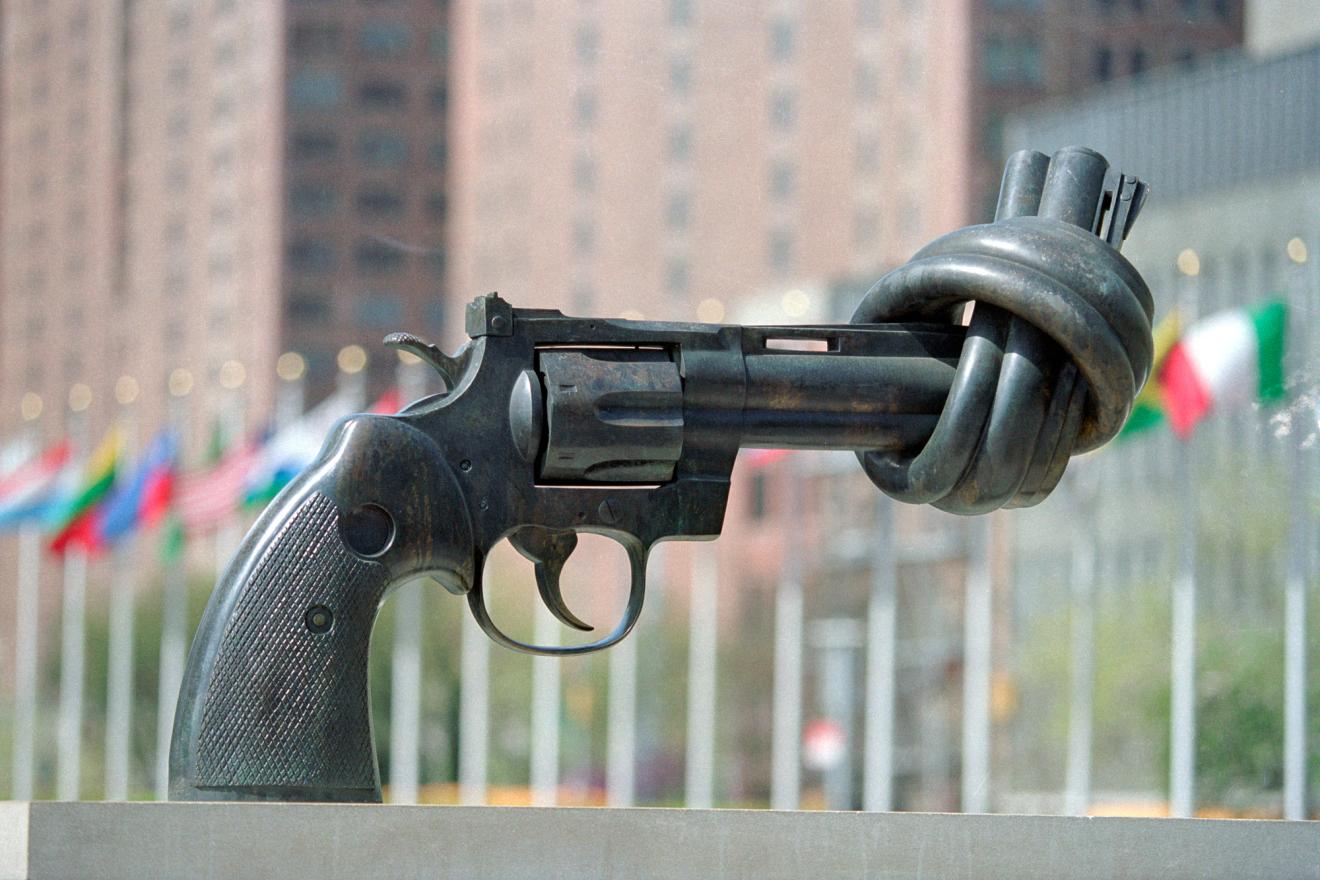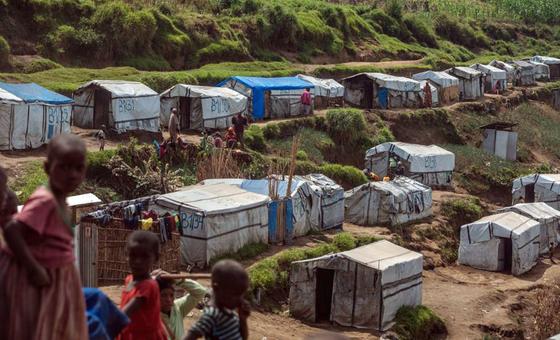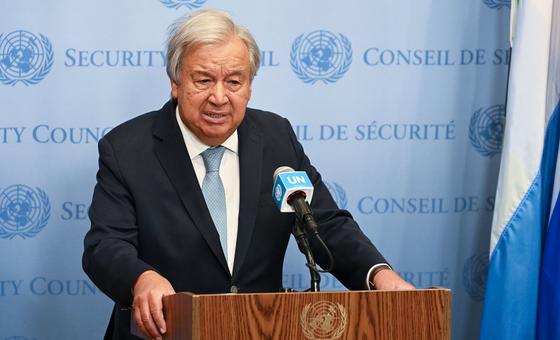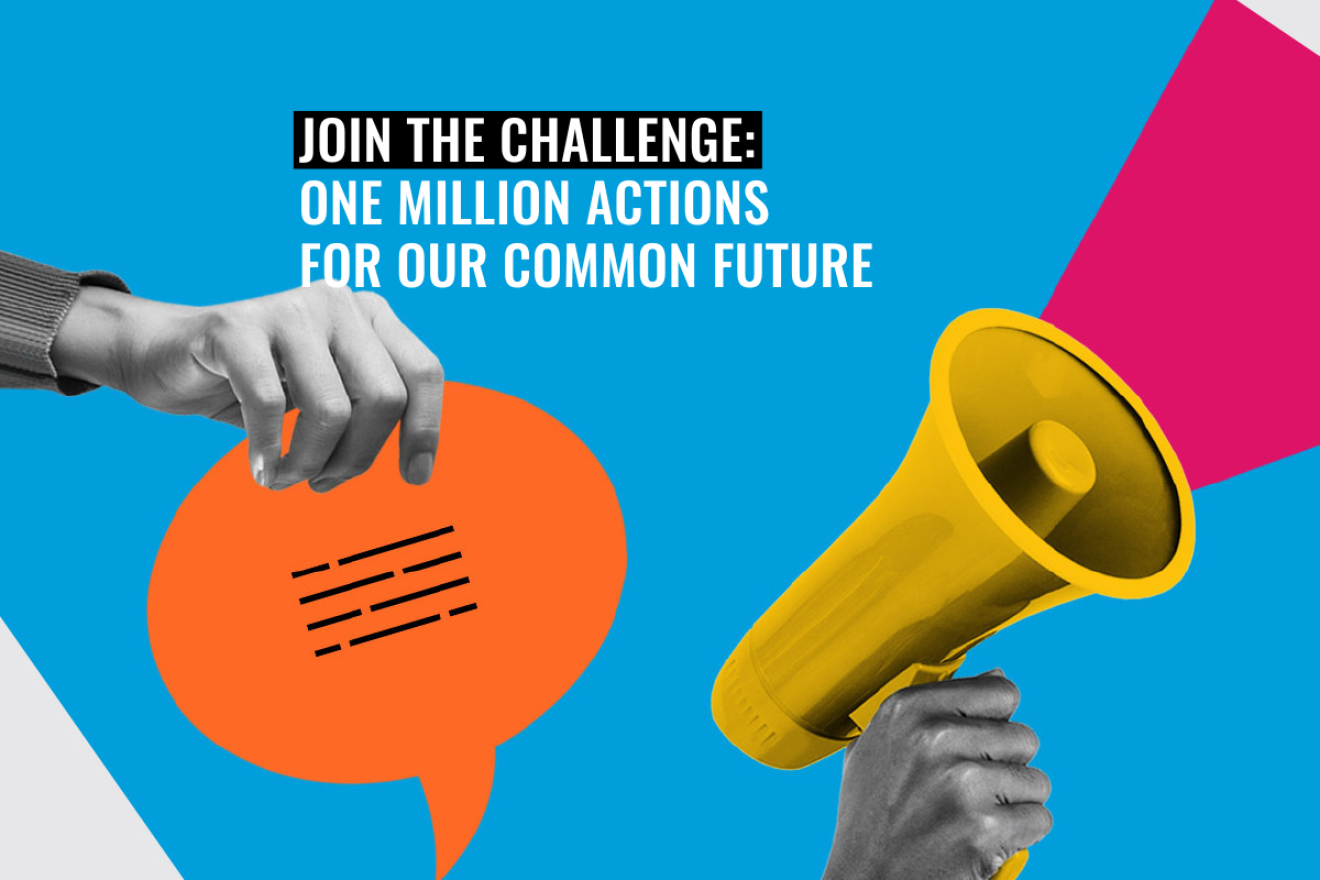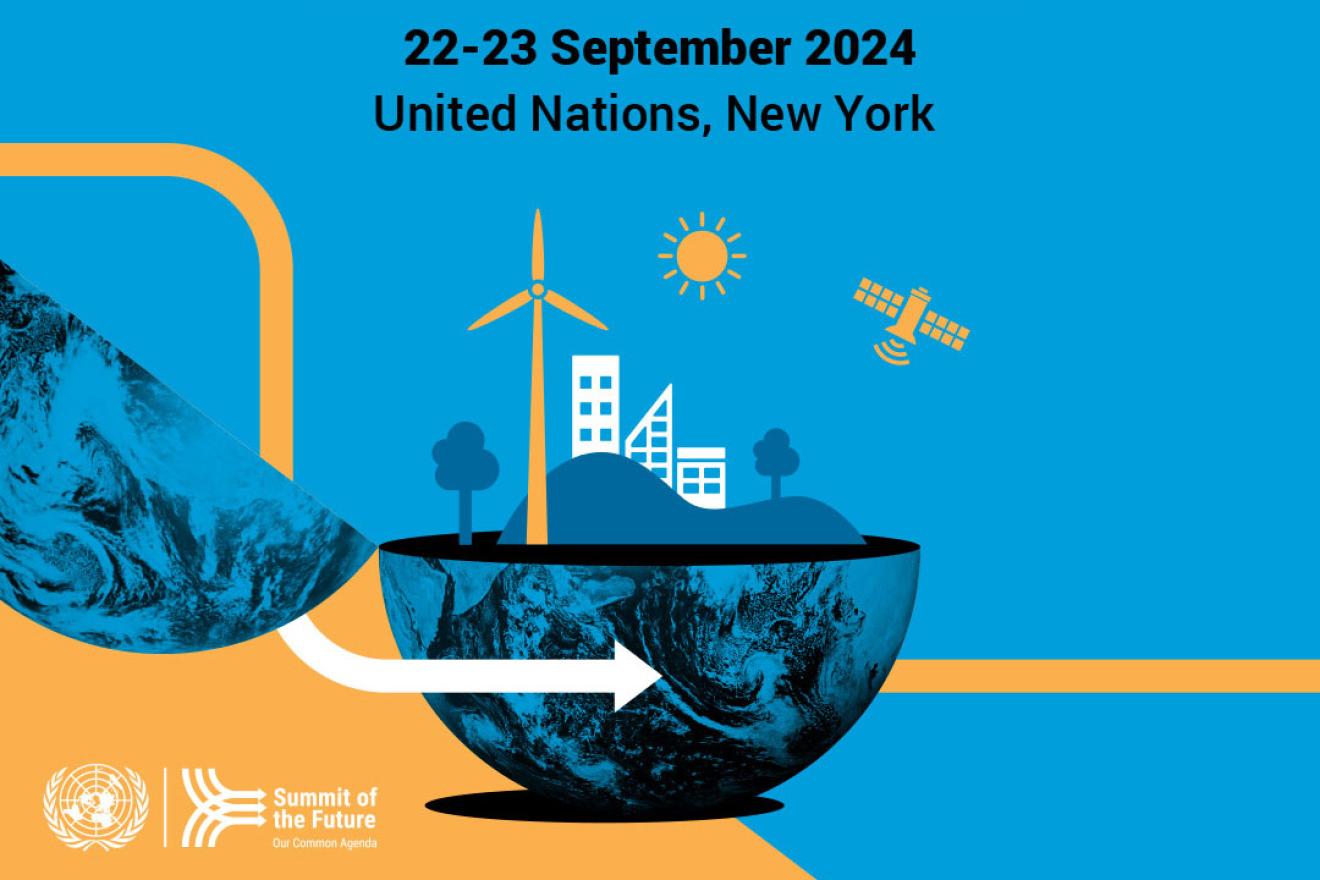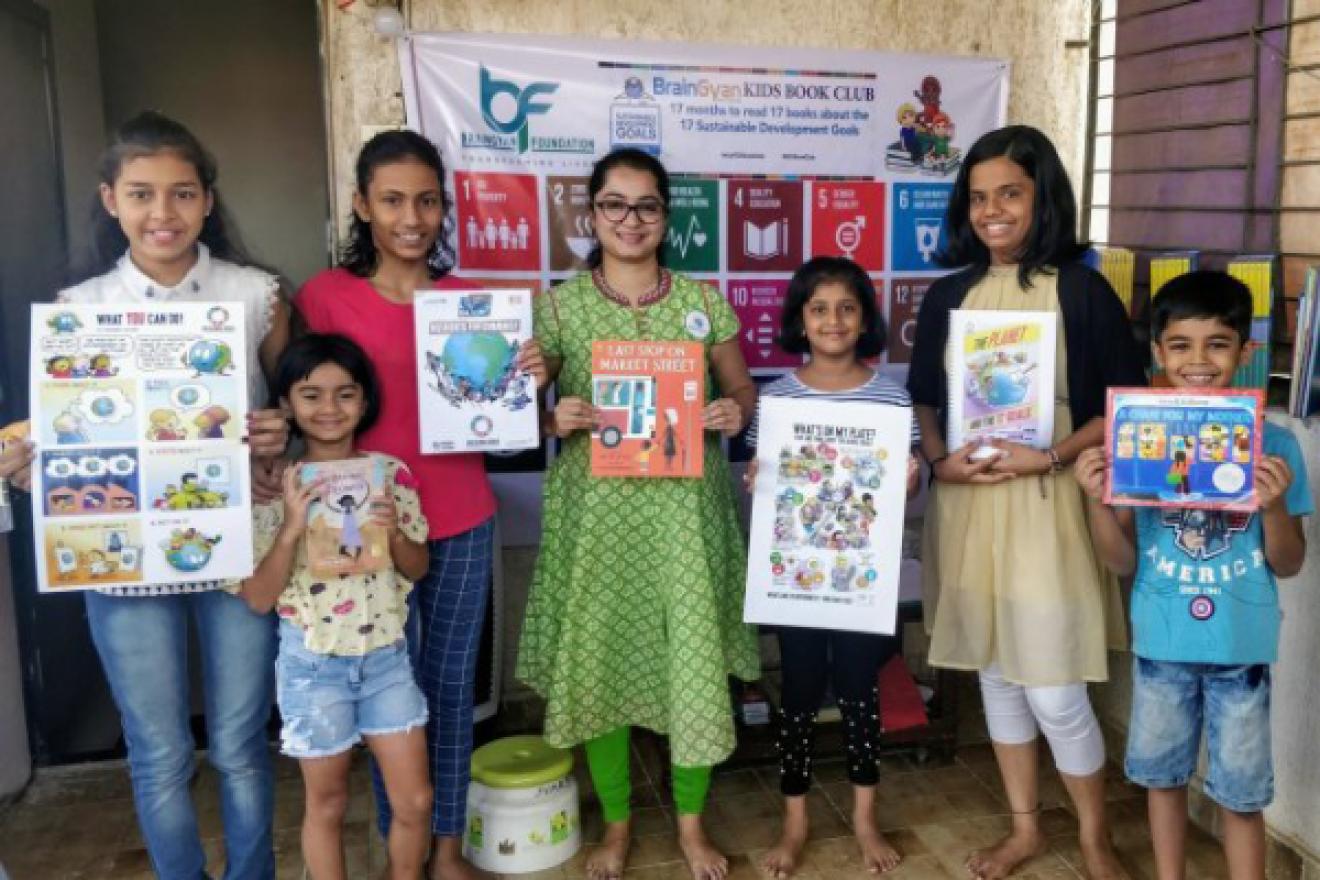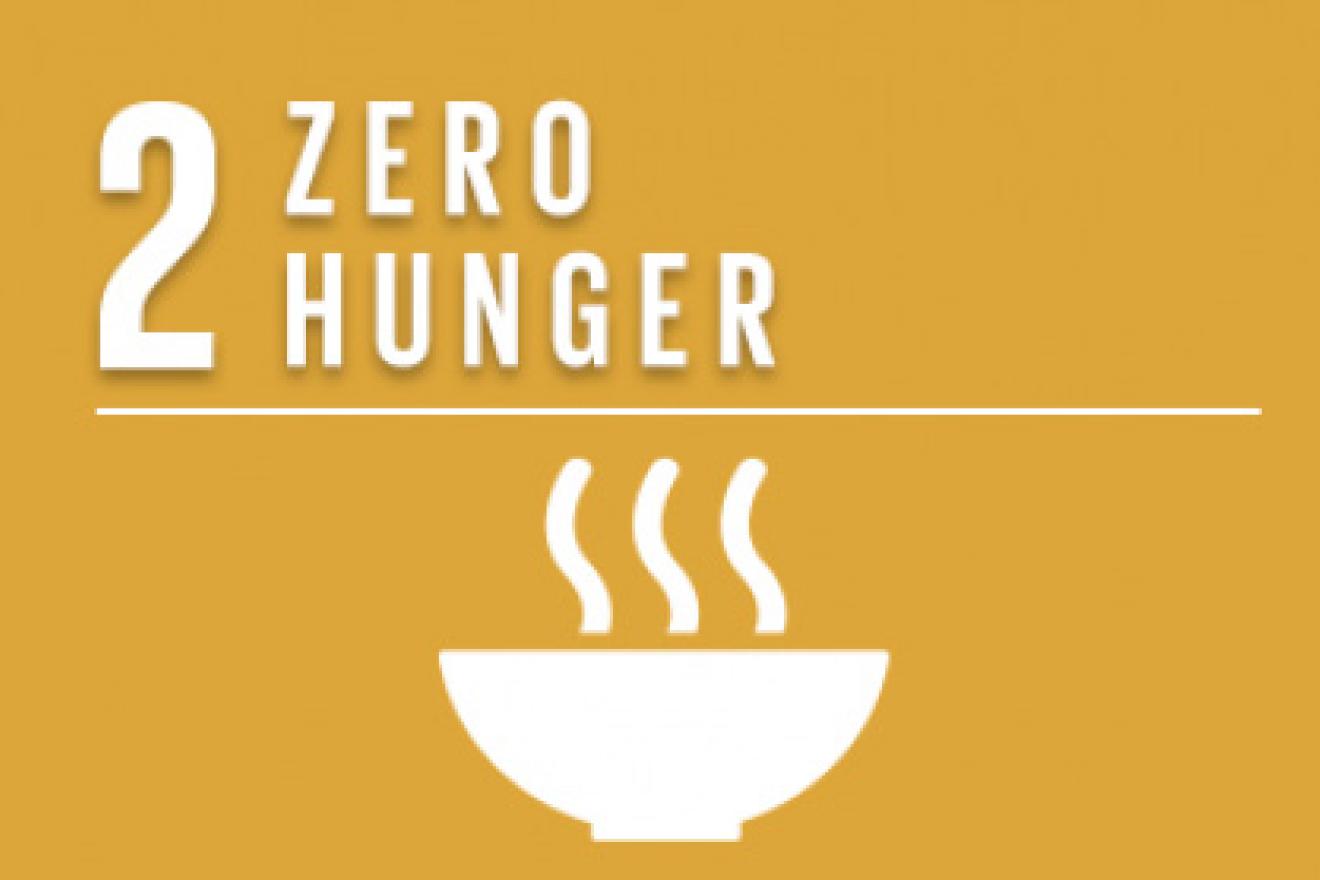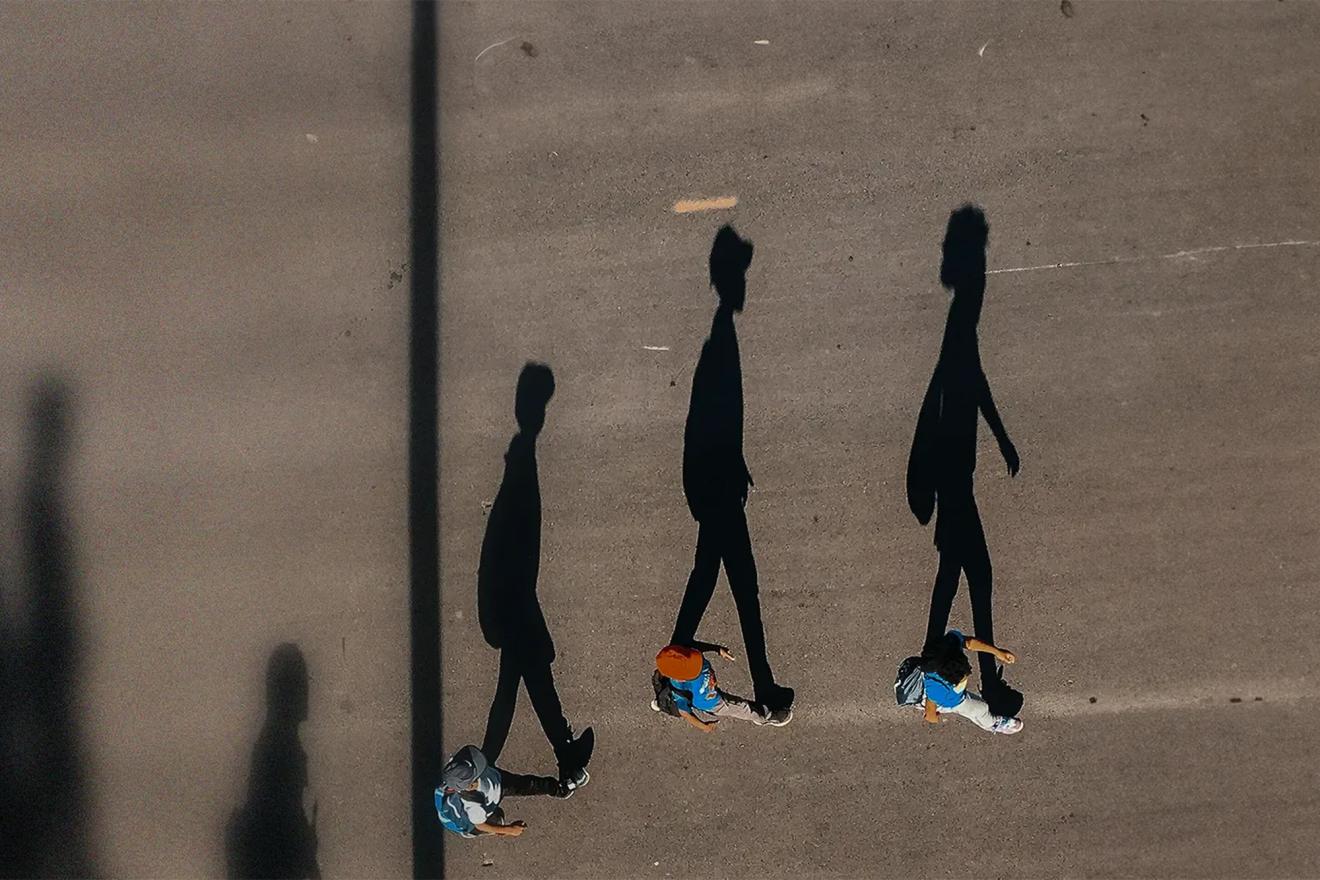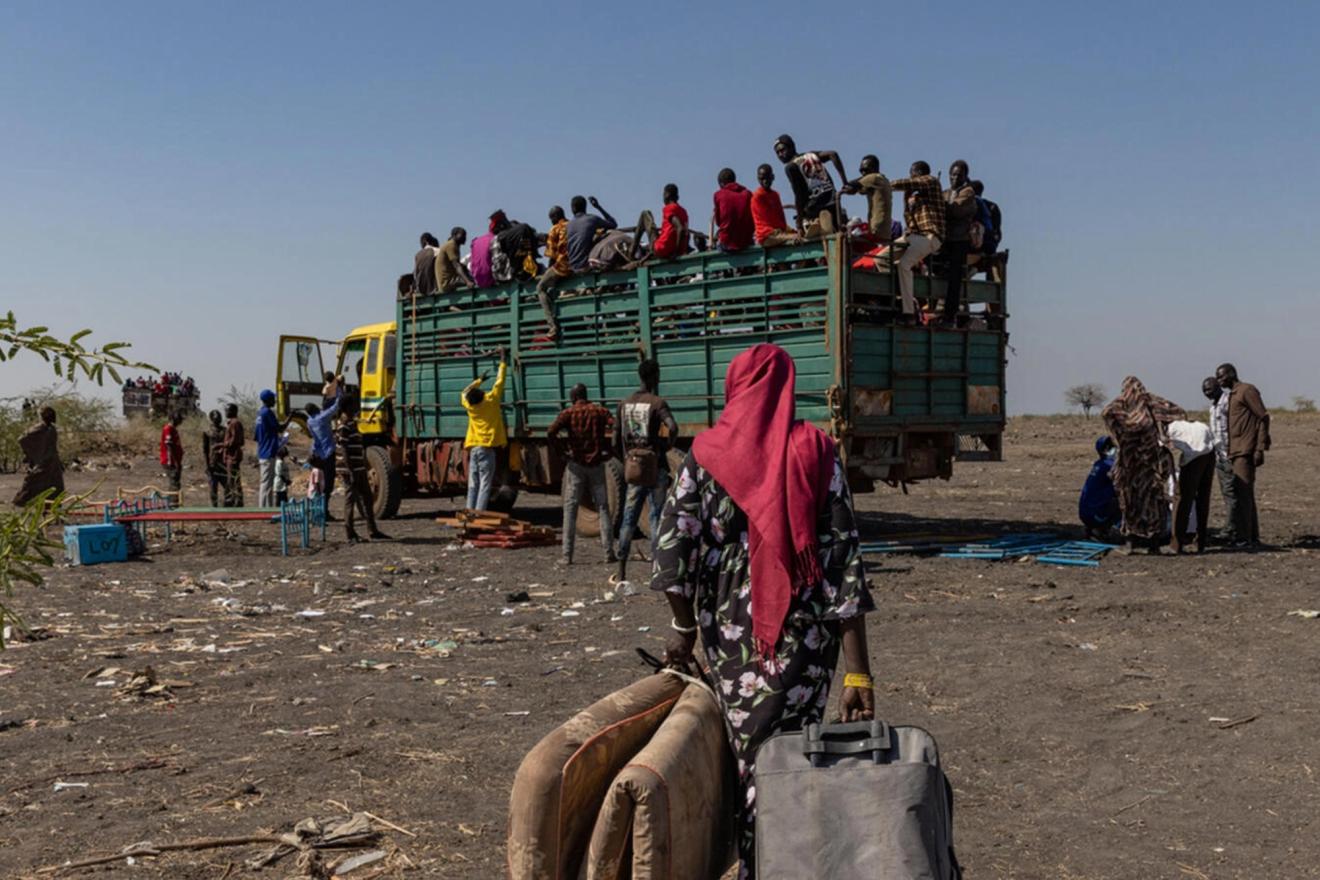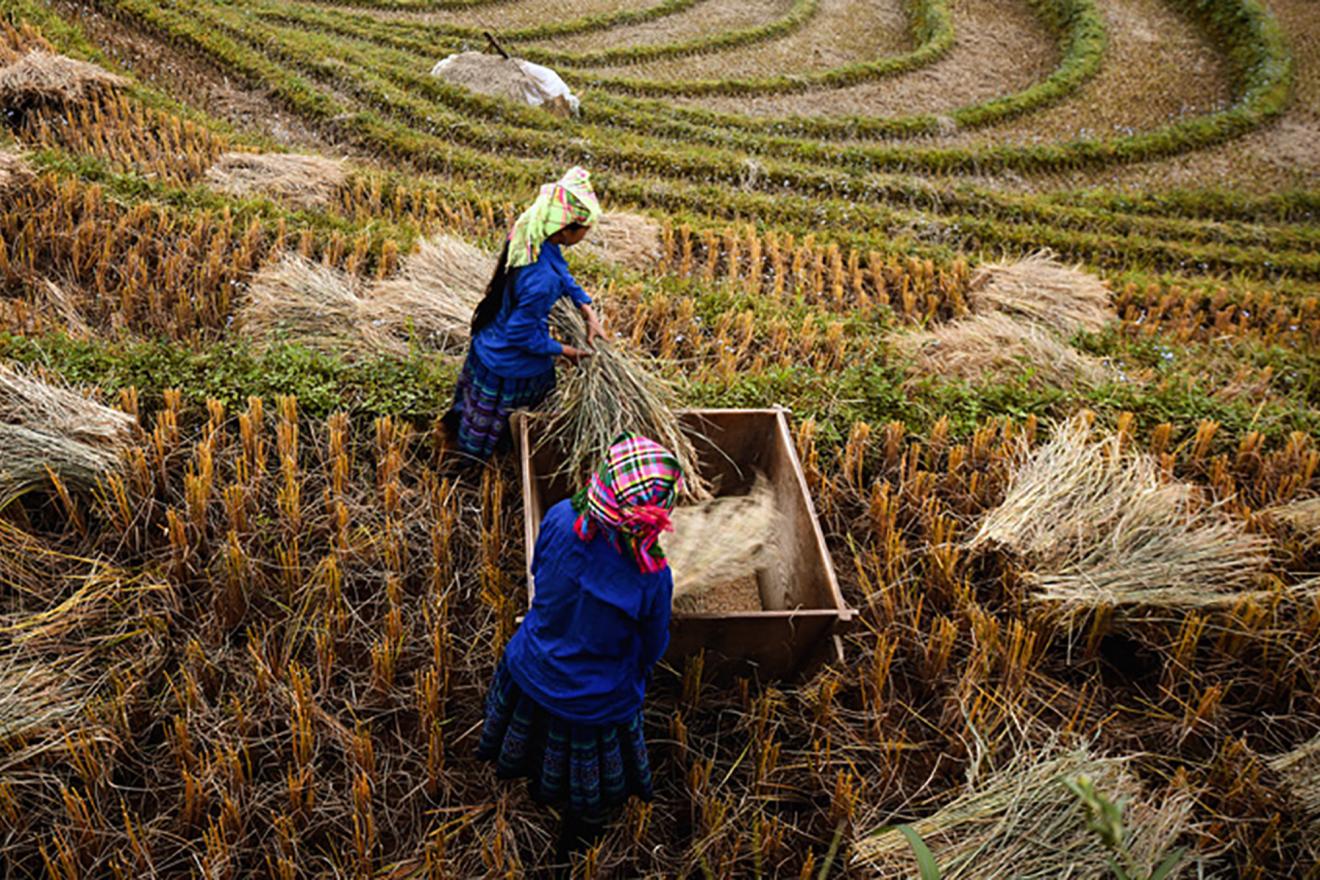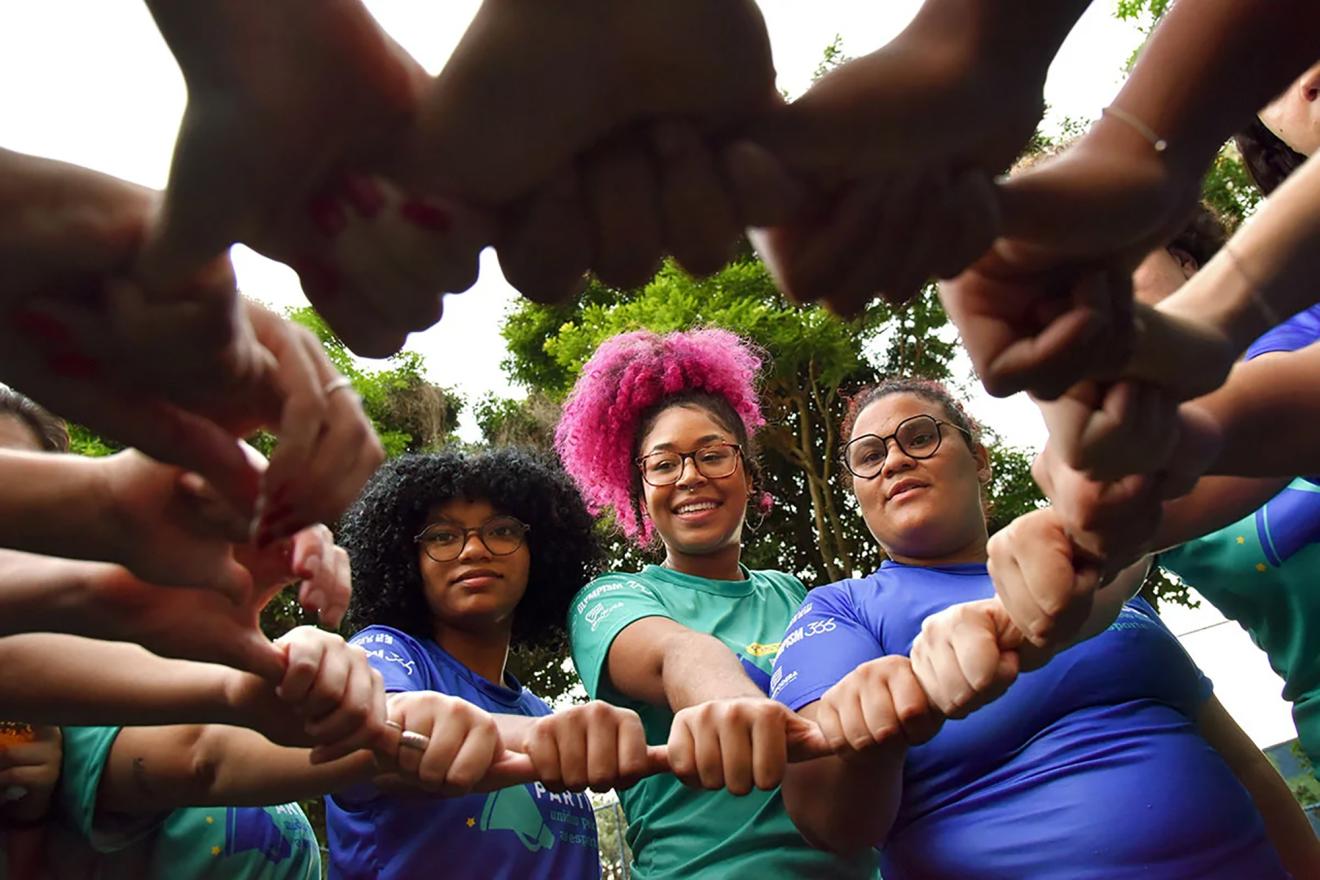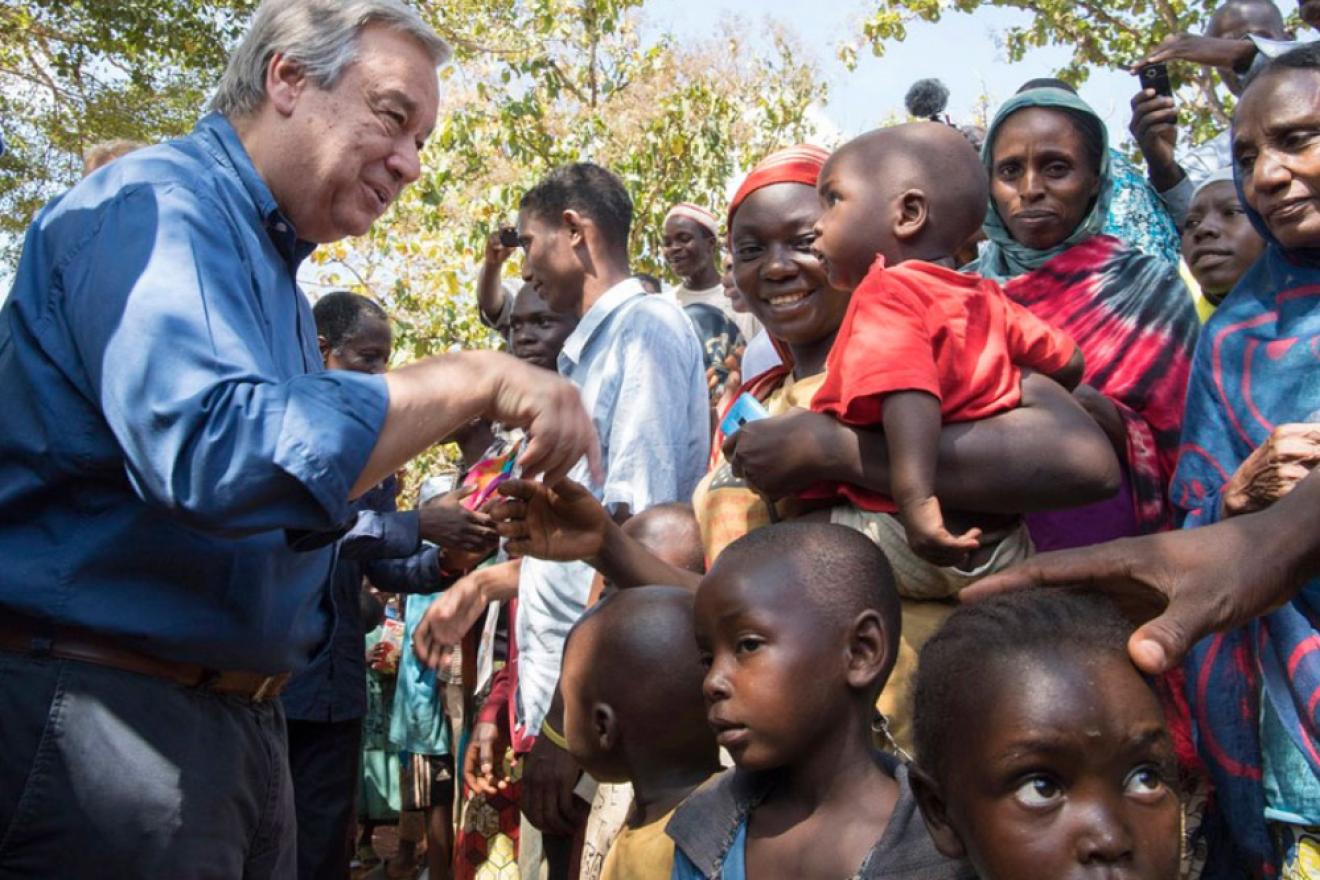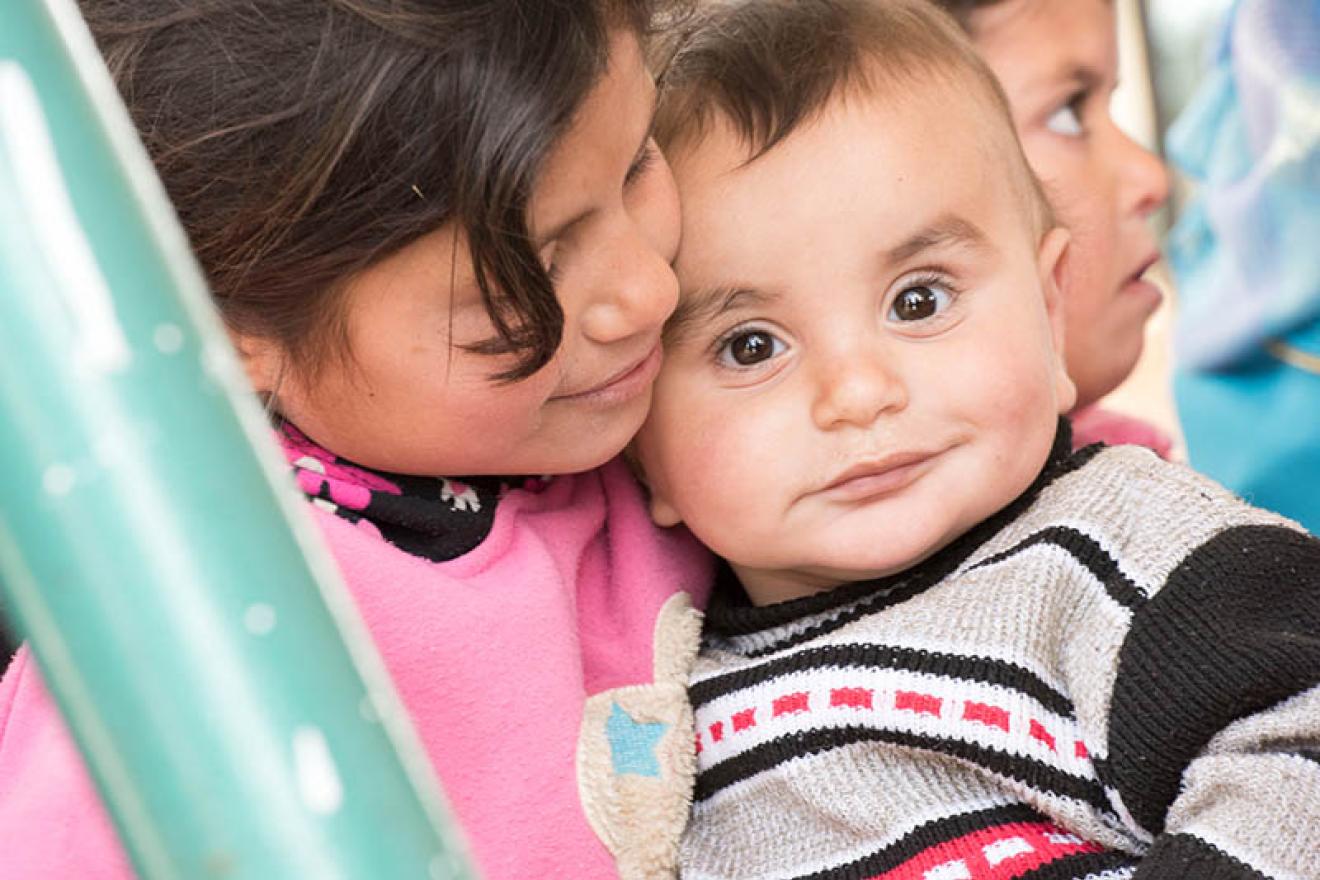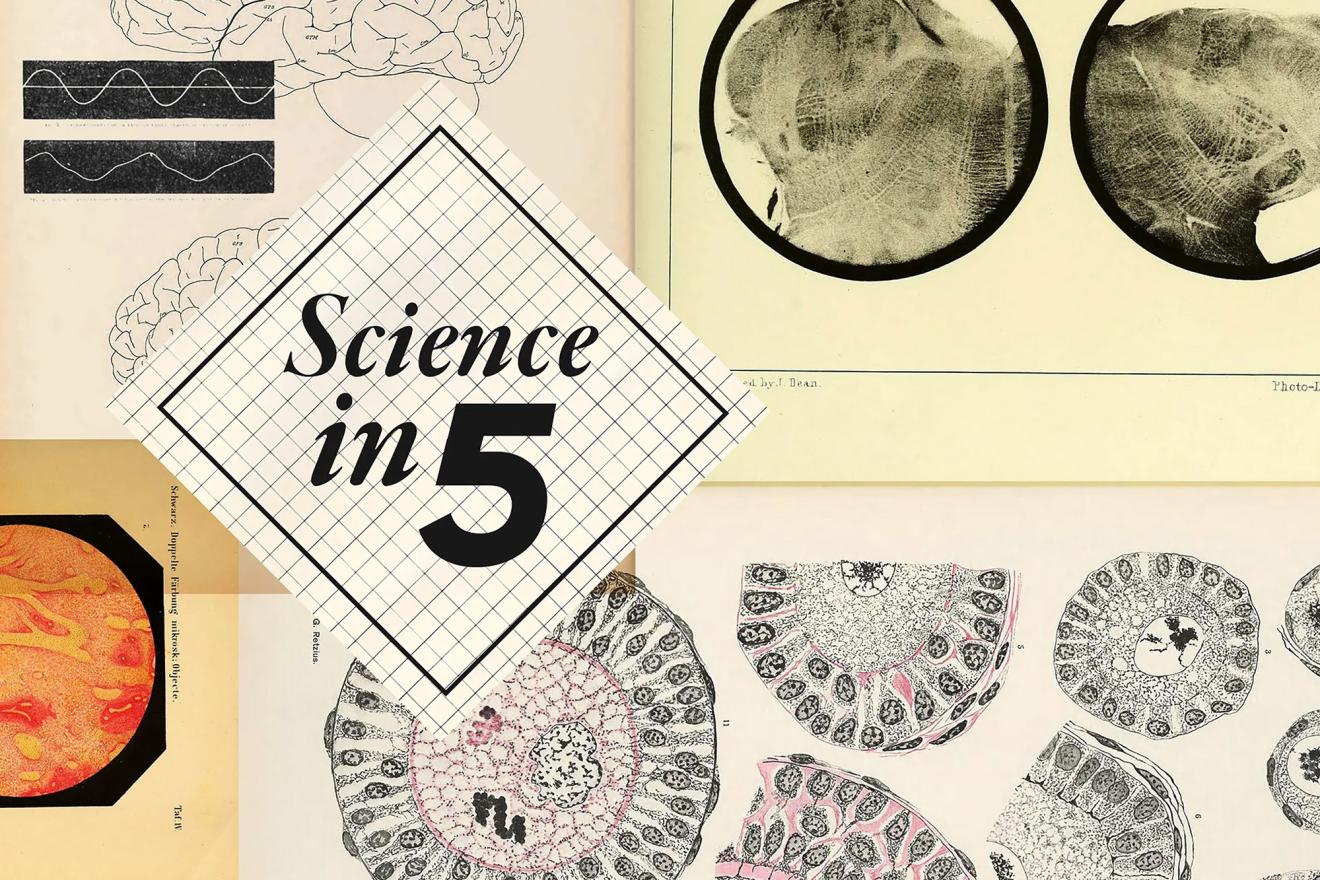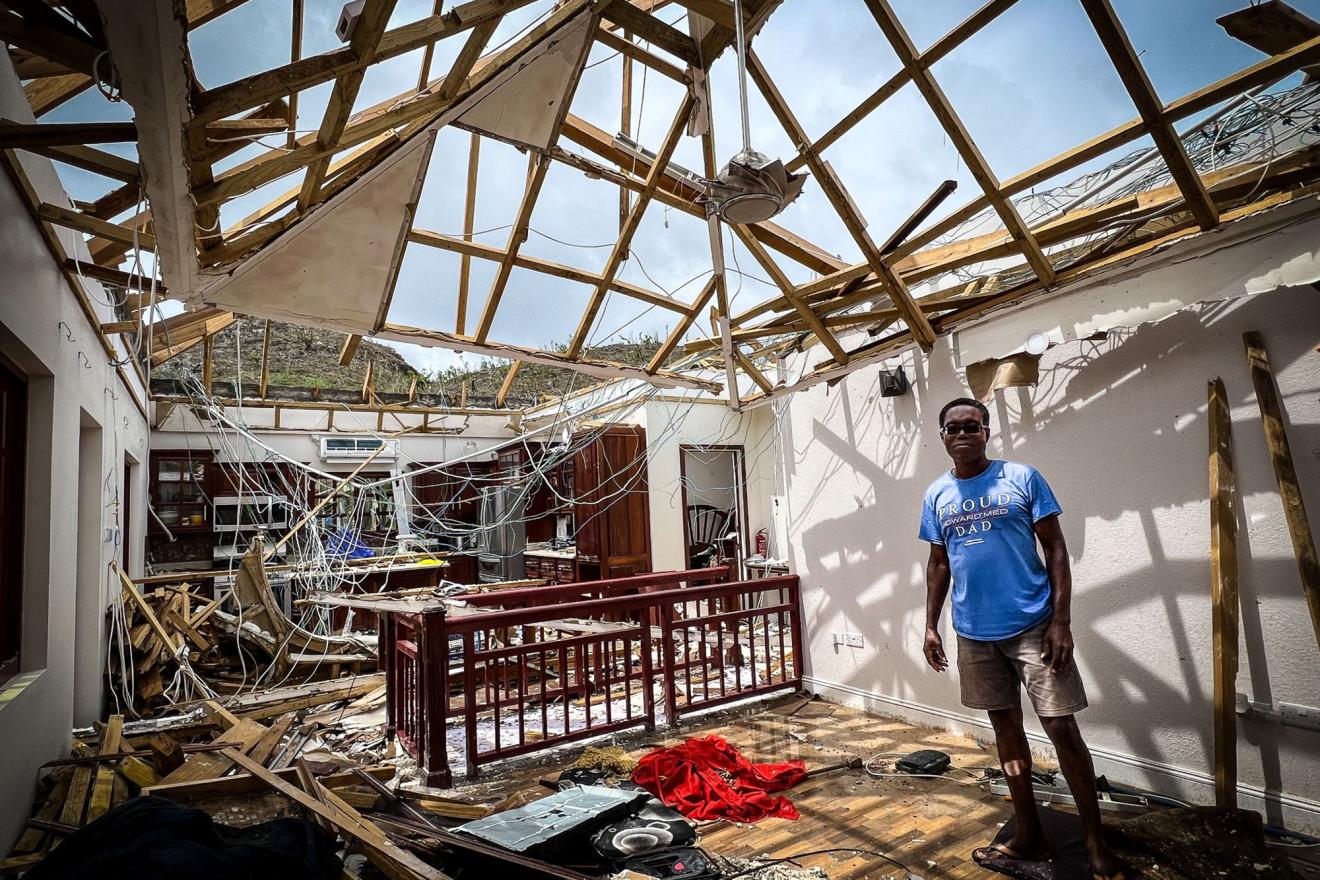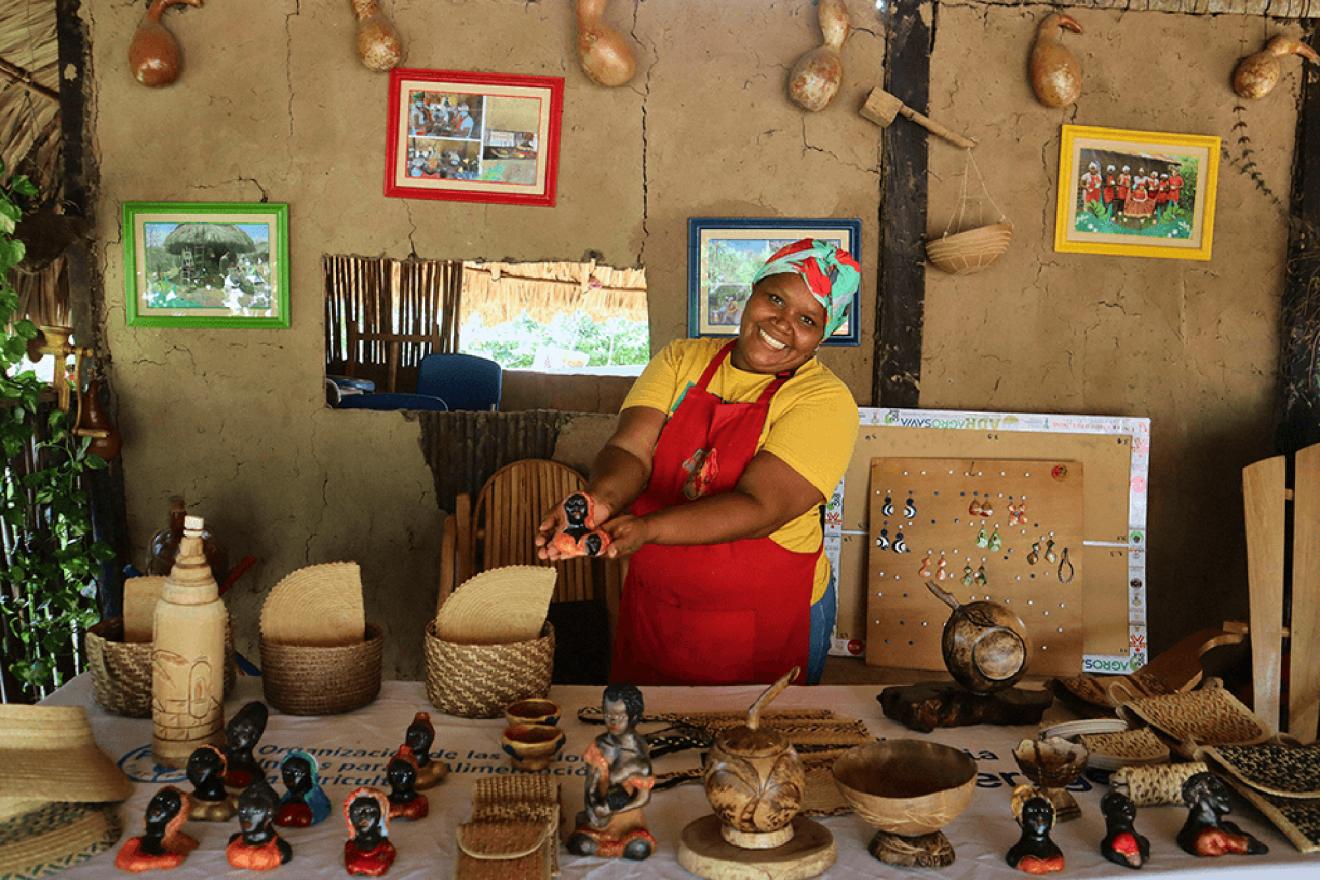ActNow is the UN campaign to inspire people to act for the Sustainable Development Goals (SDGs). In the lead up to the Summit of the Future, join the 1 Million Actions for our Common Future challenge to contribute to a more sustainable and peaceful world. Find new inspiring actions on the app and at un.org/actnow.
Non-Violence Day: Transforming Commitments into Action
Amid global challenges such as conflict, inequality, climate turmoil, and growing hate, the recent UN Summit of the Future laid the groundwork for renewed multilateralism to promote peace in a changing world. On this International Day of Non-Violence (2 October, the birthday of Mahatma Gandhi), Secretary-General António Guterres calls upon member states to act on their commitments and tackle the root causes of conflict.

Lebanon crisis: UN launches $426 million aid appeal with ‘limited’ Israeli ground incursion underway
1 October 2024 — UN humanitarians launched a $426 million appeal for Lebanon on Tuesday to support one million people uprooted by widespread Israeli shelling amid what Israel has described as a “...
Collective effort essential to get DR Congo on firm path to peace
30 September 2024 — Mobilization at the national, regional and international level are needed to support the Democratic Republic of the Congo (DRC) in the face of continued violence in the east,...
Lebanon crisis: Guterres urges parties to ‘step back from the brink’
28 September 2024 — UN Secretary-General António Guterres expressed grave concern on Saturday over the dramatic escalation of events in Lebanon's capital, Beirut, in the past 24 hours.
...
